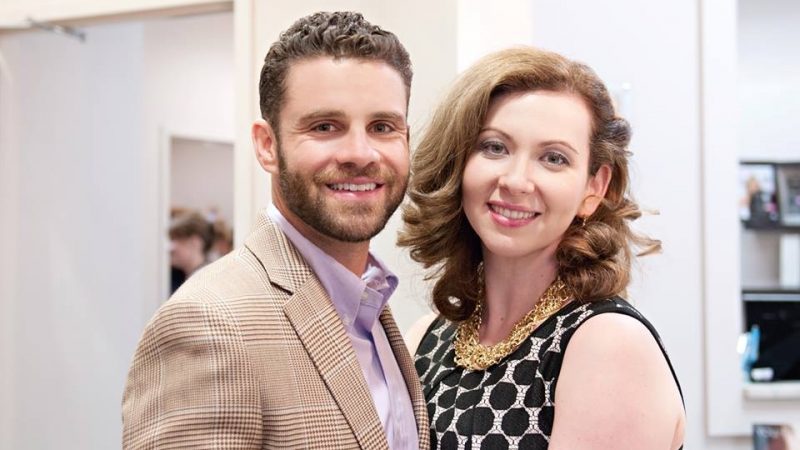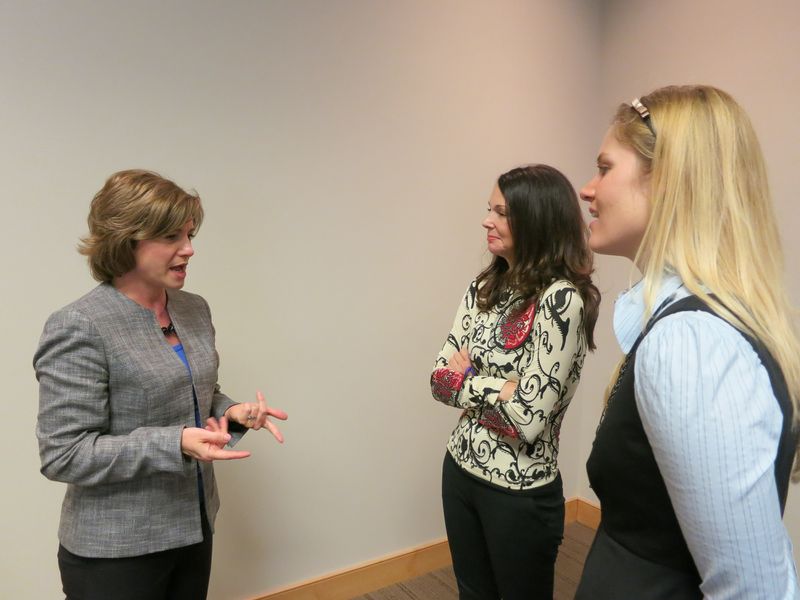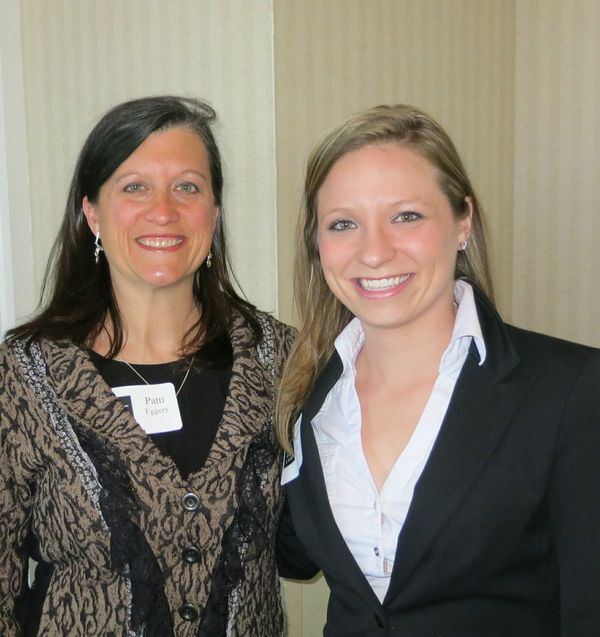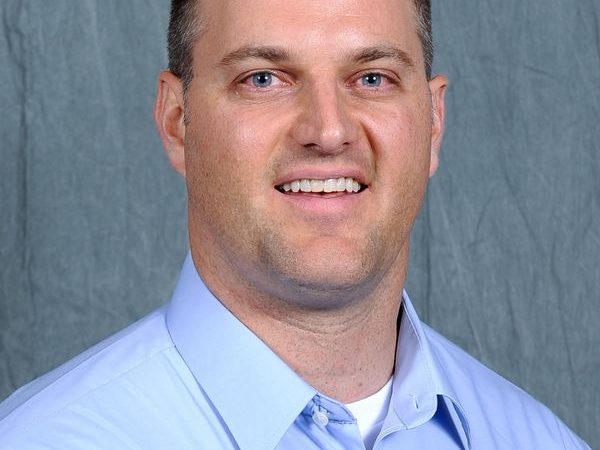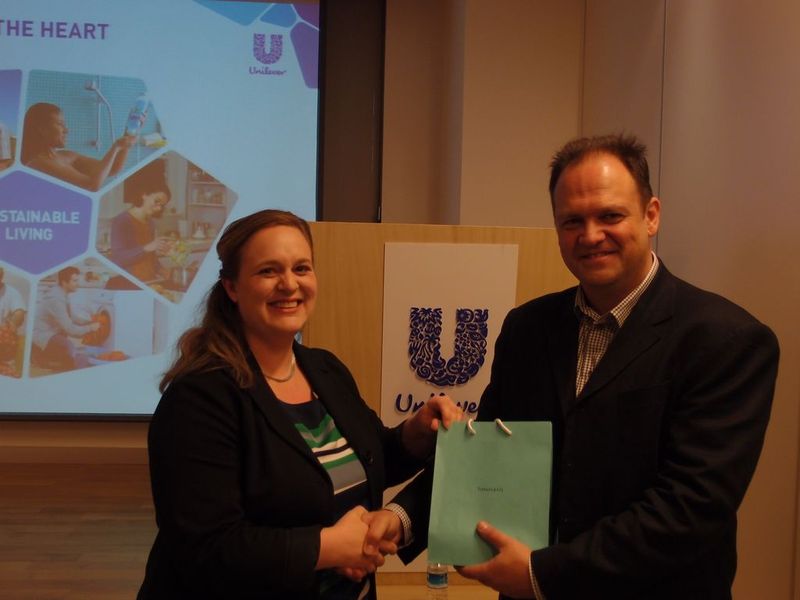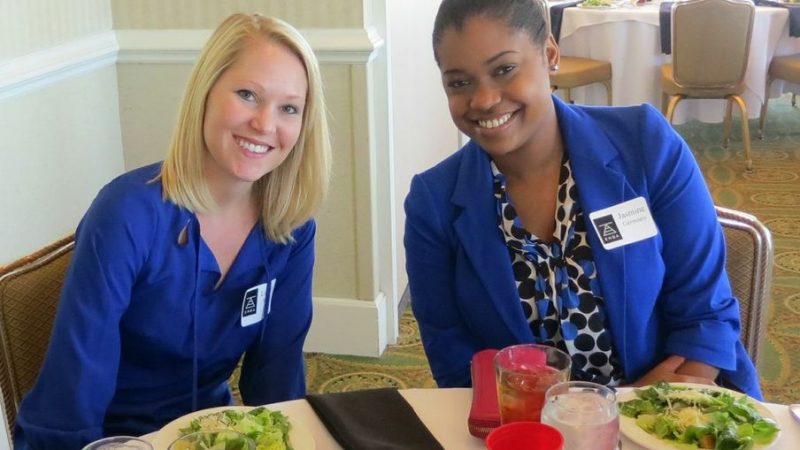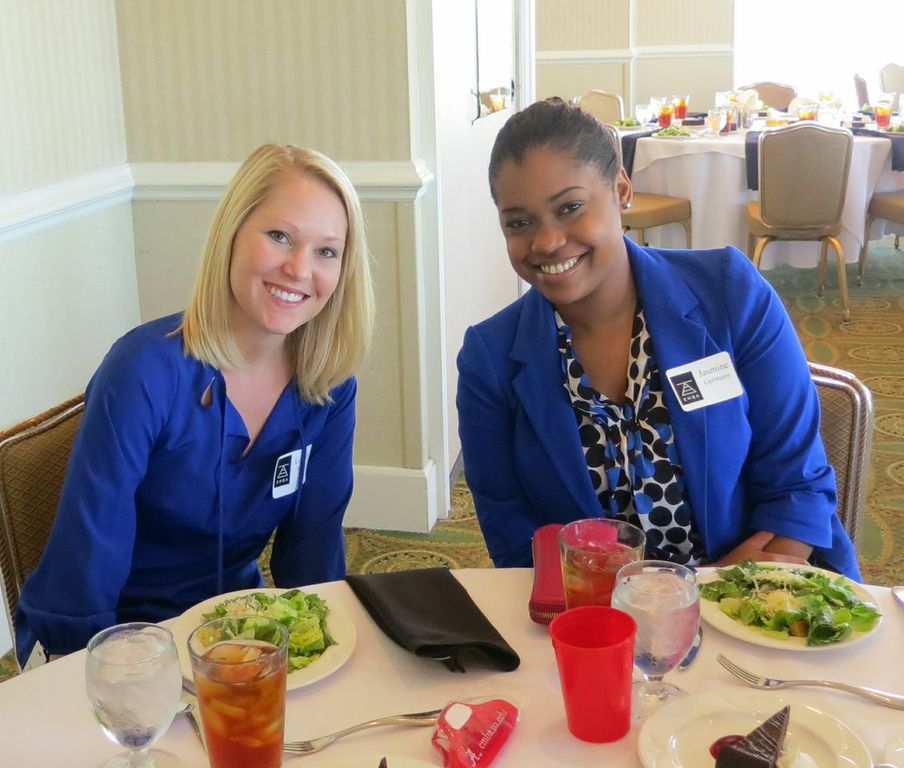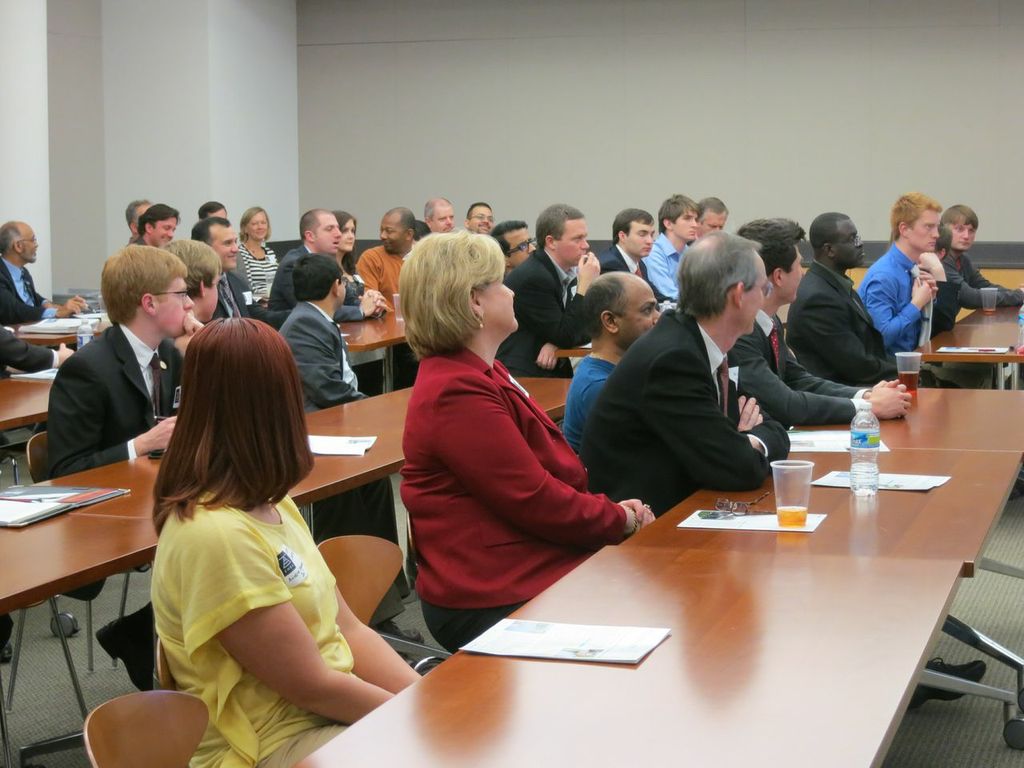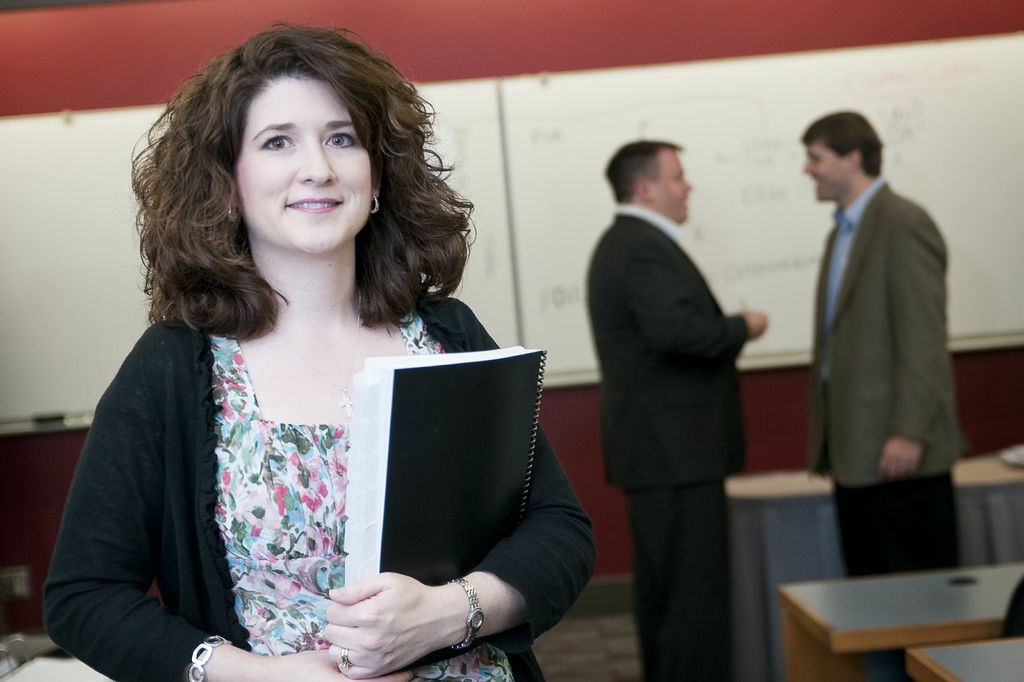EMBA Elite Spotlight: Joel Druxman
- September 6th, 2013
- in EMBA Elite Spotlight Series
This month, our student spotlight is Joel Druxman, a member of the Culverhouse College of Commerce Tuscaloosa EMBA class of 2009 at The University of Alabama. Joel received his undergrad in mechanical engineering from New Mexico State University. He has been married for almost 10 years, and he and his wife, Dr. Vlada Groysman, have two children, a 4 year old daughter and 1 year old son.
When Joel entered the EMBA program at UA, he was working as an operations manager for Commercial Metals Company. Since completing his EMBA, Joel and his wife have recently started their own medical practice, Cahaba Dermatology, located in Hoover, Alabama. “My wife practiced in the department of Dermatology at UAB for 4 years and decided she was ready to go solo. We are somewhat of a husband/wife team. She’s the doc, and I’m managing the business,” Joel said. “I have always had an entrepreneurial drive, and the EMBA program helped to better channel that drive.”

Working with a spouse or significant other could be challenging for some, but Joel and his wife are enjoying the dynamic. “It’s probably not for everyone, but it has strengthened our relationship in many ways. It’s very easy to get hurt feelings when disagreements arise, so we try to engage each other more as co-workers rather than husband and wife in these instances.”
For a husband and father of two, finding a balance between work and family can certainly prove to be difficult. To add in the startup of a new medical practice just screams the word “chaotic.” Although it has been a challenge, Joel and his wife have found a “method to the madness” that works for them. “When you own and operate your own business, it’s not always possible to turn things off when the garage door opens, so you just have to find a balance and timing that works. We try to put our kids first and find the time with what’s left.”
Owning and managing a medical practice has really given Joel an opportunity to cash in on his EMBA degree. According to Joel, the general knowledge of how a business is run and what metrics are key are some of the most helpful things he learned from the program. “I feel the knowledge helps us to ask the right questions of those advising us and keep ourselves ahead of the curve. Knowledge of marketing and operations philosophies has been a big ROI for us.”

Joel’s advice for current or upcoming EMBA students is to learn from the program and then be flexible as you apply your knowledge to your own pursuits and goals. “Don’t think you know everything, and make sure you build a good team around you. Work on your networking and communication skills in the program as these are critical.”
You can check out the medical practice Joel and his wife started by visiting www.cahabaderm.com.
For more information about the EMBA program at UA, visit emba.ua.edu.

